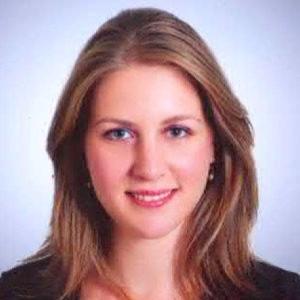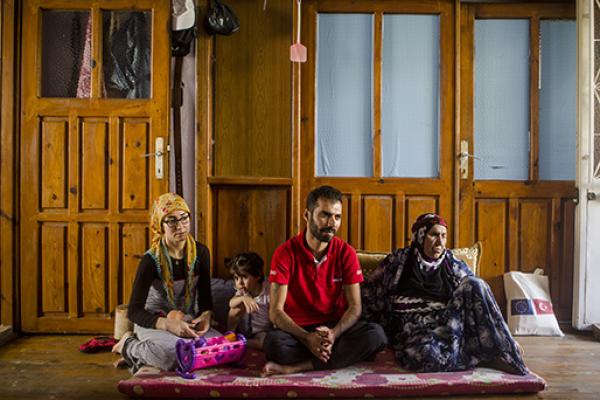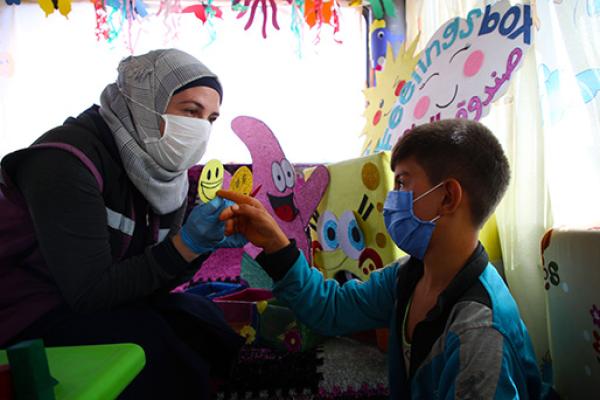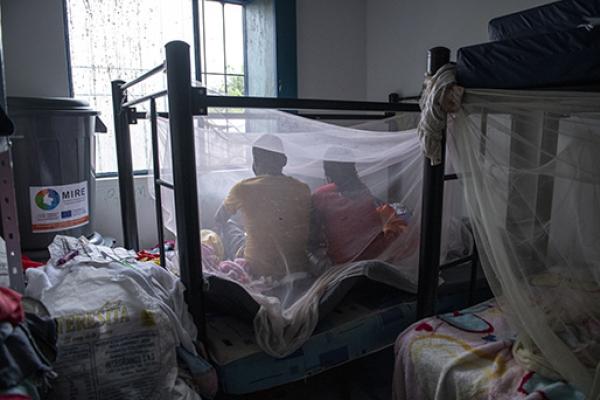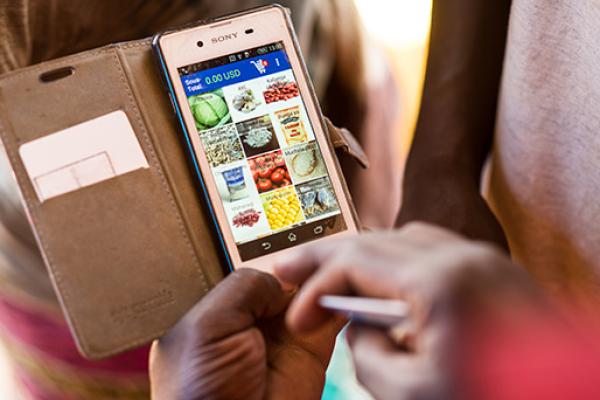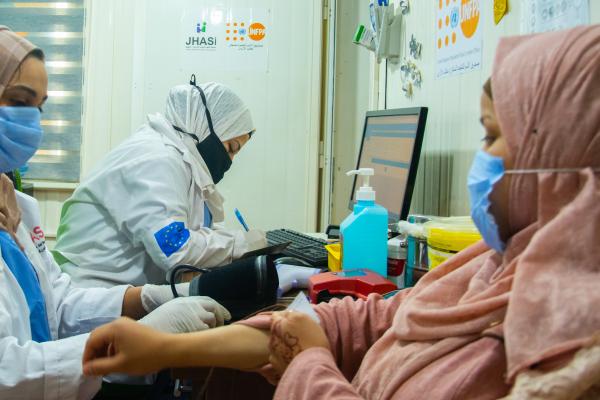730 days later... And the pain is still as fresh as the first day.
On 6 February 2023, a powerful earthquake shook 11 provinces in Türkiye, leaving more than 53,000 dead, 107,000 injured, and 164,000 buildings in ruins. In an instant, millions of lives were changed. Families lost their homes, communities were torn apart, and for many, life has never been the same.
Life has yet to return to normal
2 years on, the struggle continues. Many survivors remain displaced, living in temporary container homes with limited access to essential services. Finding employment, securing healthcare, and even putting food on the table remains a daily challenge.
While large scale reconstruction efforts are ongoing, everyday life has yet to return to normal. The rising cost of living has made things even harder, especially for the most vulnerable, including refugees, single parents, and people with disabilities.
Despite these challenges, help is still reaching those in need. The European Union (EU) has remained a strong partner in the recovery, funding projects that support survivors with housing, financial aid, education, and healthcare.
“The EU Stands with You”
2 weeks before the second year mark of the earthquakes, Hadja Lahbib, Commissioner for Equality, Preparedness, and Crisis Management, visited Türkiye. In Gaziantep, she met with survivors and saw firsthand how EU-funded projects are helping them rebuild their lives. Her message to Turkish people and refugees was very powerful: “The EU stands with you.”
Survivors share their stories
Fatima: a single mother fighting to survive
Fatima, a single Syrian woman with 4 children, is struggling to survive with her elderly mother in Hatay province, where the February 6 earthquakes hit the most.
She lost her home in the earthquake and now lives with her children and elderly mother in a small container home in Hatay.
Although grateful for the shelter, she faces daily struggles—a lack of privacy, shared bathrooms, and, above all, the financial burden of raising 4 children alone.
Thanks to EU-funded cash assistance, provided by the International Organization for Migration (IOM), she was able to afford urgent essentials:
“I received this cash assistance twice. It was very timely. My son had surgery, thanks to this money. We bought food and clothes with the remaining money. This support helped us a lot” she says.
Beya: a hearing aid transformed her son’s life
Beya is a 30-year-old Kurdish mother of 4. They came to Gaziantep 10 years ago when their house in Syria was bombed. She and her husband rebuilt their lives in Türkiye, until the earthquake destroyed everything again.
For her 11-year-old son Şiar, the disaster made life even more difficult. Born with severe hearing loss, he struggled at school and found it hard to make friends. His frustration often led to anger and isolation.
After the doctor's examination revealed a 70% hearing loss, a hearing device was recommended.
Due to financial constraints, the family could not afford it. Beya applied to a local NGO called SENED and her son received the necessary hearing aid thanks to the EU's co-funded humanitarian project and its partner the Deutsche Gesellschaft für Internationale Zusammenarbeit (GIZ).
His hearing improved with this device, allowing him to continue his education.
"As a parent, we are very sad about his situation. He lost many school years because of this problem. Before he had this device, he became aggressive when he couldn't communicate. Now he can understand us and his peers more easily. His quality of life has increased"
Meryem: helping her grandchildren get an education
Fleeing from Syria 12 years ago, Meryem and her 3 grandchildren found safety in Türkiye, and started building a new life. They experienced the February 6 earthquakes in their home, in Adıyaman province. The earthquake destroyed it. They had to move first to Konya and then to Gaziantep province to find a decent place to live.
Thanks to a project co-funded by the EU, the United Nations High Commissioner for Refugees (UNHCR) helped Meryem's 9-year-old and 8-year-old grandchildren enroll in school. She describes how her grandchildren’s lives have normalized:
"Life is still complicated after the earthquake. We are experiencing dire conditions. However, good things still happen. My 2 grandchildren are currently going to school. They are very happy. One wants to be a teacher and the other wants to be a doctor. This support is very valuable for their future and should continue for their survival."





